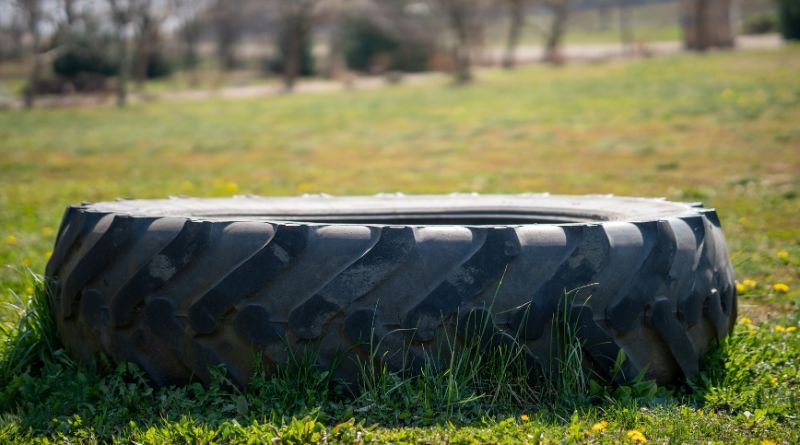
Raised garden beds are a popular choice for urban gardening and vegetable enthusiasts. They offer improved drainage, soil quality control, and ergonomic benefits. However, a recent trend of using recycled car tires for raised beds has sparked ethical discussions about potential environmental and health risks.
Environmental Concerns:
Leaching of chemicals: Research from the University of California, Riverside published in 2022, investigated the leaching of chemicals from tire crumb rubber mulch, a common material derived from recycled tires. The study found that certain metals and polycyclic aromatic hydrocarbons (PAHs) can leach from the rubber into the surrounding soil. While the long-term effects are still being studied, these chemicals have been linked to potential harm in plants and soil ecosystems.
Microplastic pollution: A 2021 study by Oregon State University highlighted the issue of microplastic pollution from tire wear. When used in raised beds, recycled tires can degrade into microplastics over time, potentially contaminating the soil and impacting surrounding wildlife.
Health Considerations:
PAHs and human health: The same UC Riverside study mentioned earlier raises concerns about the potential health risks of PAHs if they enter the food chain. While further research is needed to determine the extent of this risk, it’s a crucial factor in the ethical discussion.
Volatile Organic Compounds (VOCs): Some recycled tire materials may release VOCs during decomposition. These can potentially harm human health if inhaled. A 2020 literature review by Emory University explores this potential health risk.
The Ethical Dilemma:
Recycled car tires offer an attractive solution for upcycling waste and creating cost-effective raised garden beds. However, the potential environmental and health risks raise significant ethical concerns.
Mitigating the Risks:
If you choose to use recycled tires in your raised beds, here are some steps to mitigate the risks:
Use certified tire products: Look for suppliers that offer certified recycled tire products specifically designed for landscaping use. These products may undergo additional processing to minimize leaching and VOC emissions.
Create a barrier: Consider lining your raised bed with a weed barrier fabric to prevent direct contact between the soil and the tire material.
Limit contact with edible plants: If concerned, use recycled tires for growing ornamental plants or flowers instead of vegetables and fruits.
The use of recycled car tires in raised garden beds presents a complex ethical dilemma. While it offers environmental benefits by diverting waste from landfills, potential risks to the environment and human health cannot be ignored. Further research is needed to determine the long-term impact. In the meantime, gardeners should weigh the potential benefits and drawbacks carefully and consider alternative materials for raised beds if health or environmental concerns are a priority.
This article aims to present factual information from credible sources to highlight the ongoing discussion and ethical considerations. Always prioritize the health and safety of your family and the environment when making gardening decisions.



